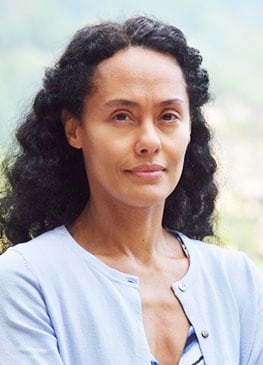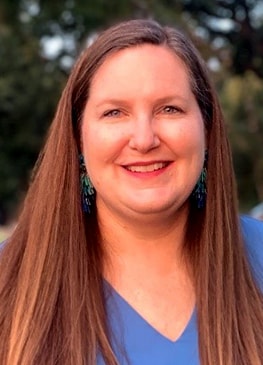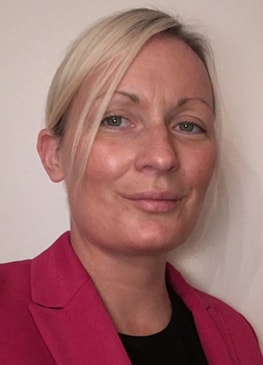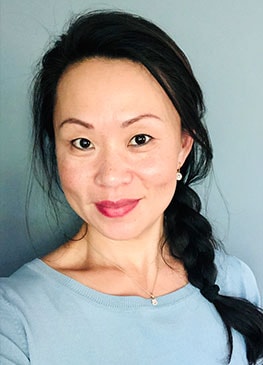Read the full interview here
-

Q. What were important early influences for you that really shaped who you are as a leader today?
A. I grew up in Ireland, and did my secondary education there before leaving to start exploring internationally, both in the US and in Australia. Having the drive to do better has led me where I am today, which has been quite a long journey.
Growing up in a small village community in rural Ireland, there were certain expectations I faced. But there was always a sense for me that there must be more out there, and there must be better out there. People often say, “What’s the worst that could happen?” But I always think, “What’s the best that could happen?” That’s part of my drive to see what else is out there.
-

Q. There’s so much disruption in the world. How do you thrive in this environment?
A. I can only control what I can control. If things are outside my control, then it’s about me adapting to that situation rather than trying to control it. I can adapt and be agile in how I make things better for myself. Running also helps. Running got me through the last two years.
-

Q. There’s a world of difference between being a manager and a leader. What does being a leader mean to you?
A. Being inclusive — really understanding who your stakeholders are, and really having the team being part of something. To perform successfully in any capacity, you have to be inclusive. You have to be vulnerable. You have to be okay with being wrong.
When I think back to times I didn’t lead well, there was a sense that I needed to be separated from the team rather than being part of it and influencing people to think differently. People are sometimes caught up in their titles, and they stop thinking about what drives human behavior and how can they make people feel good about themselves, what they’re doing, and how to make them feel included in a sense of shared purpose.
-

Q. What’s the best mentoring advice someone has ever given you?
A. Be okay with being afraid, but stay visible and relevant. That’s been challenging during the past two years of Covid and remote working, particularly for women. So I advise people to make time to stay in contact with colleagues, even if you’re not working directly with them or for them. I am always curious about what is going on within the firm, within the industry, and people are willing to give you time if you ask. I make those connections a priority.
-

Q. What are the most common themes that come up when you’re mentoring other women?
A. They want to know how to progress faster. Many young women who I speak with have a lot of drive, but they don’t necessarily know where to focus it. It can be daunting, especially if they want to progress with a greater level of acceleration than perhaps some of us who have been in the workplace for a long time are used to.
But I tell them to be visible, to be clear on what you’re contributing. If you are interested in a position that is perhaps a year or two away from where you think you are today, then go for it and learn what you would need to be successful in that new position. It’s about putting up your hand and taking a risk on yourself, and women don’t always do that.
-

Q. There’s that expression about workhorses and show ponies in corporate environments. What is your advice to the workhorses of the world to make sure they get credit for their contributions?
A. It’s important to have a sponsor. If you’re not comfortable speaking about the value of your contributions to a room full of people, you need to have someone who can speak on your behalf.
And if you want to get a sponsor, just ask. It is as simple as that. Most people want to help, and they find it rewarding. Find out who has a voice within your firm and approach them. And if you don’t know, then ask your leaders or your manager, “Is there somebody I should be thinking about who is not in my line of sight?”







